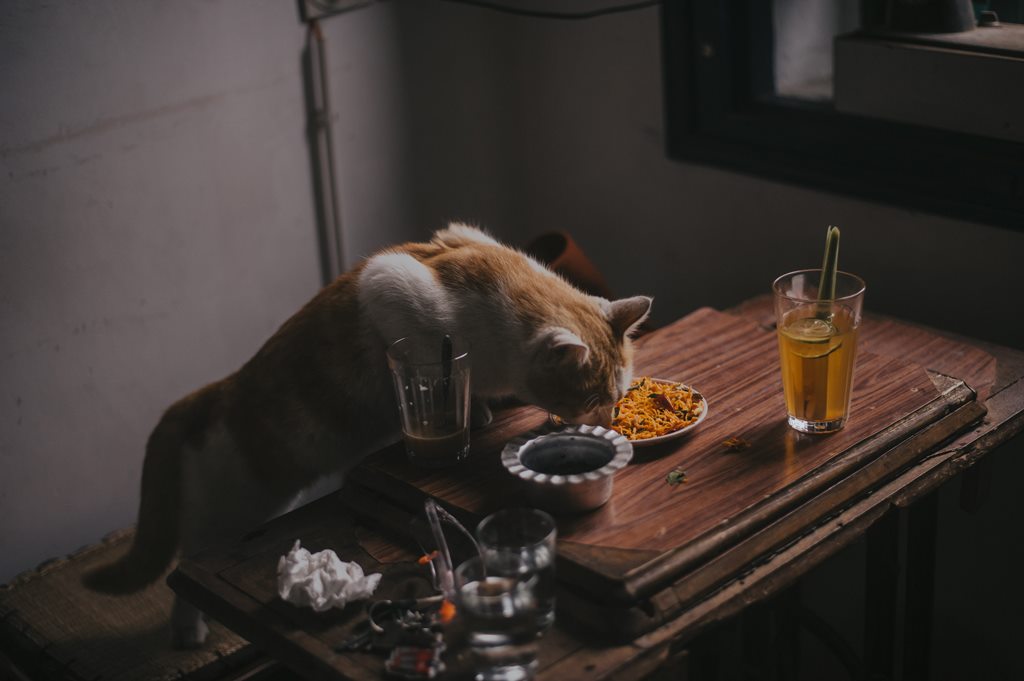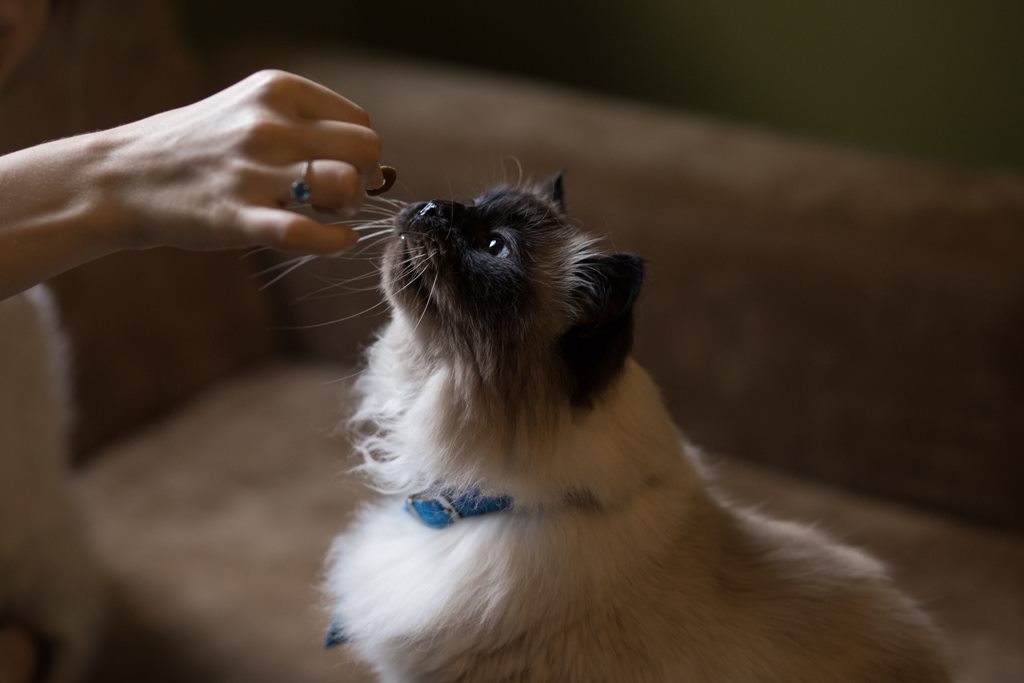It is exhilarating to have a kitten around, but it can all turn to a nightmare if you don’t feed it well or rather offer it the right meal. Usually, pet stores have a wide range of cat treats, toys, and food to meet all preferences. However, when it comes to food, you should take caution and consult if possible to ensure you give your kitten a balanced diet and appropriate for its age. Here are tips for choosing the best kitten food.
1. Choose the Brand Wisely
You should go for kitten food from a company that has passed all AAFCO feeding tests. These tests focus on verifying cat food and ensure their formulas have no deficiencies. Most pet food companies formulate their food-based recipe that has never undergone any test with actual cats before putting it on stores. A good company always invests in scientific research and seek advice from veterinary nutritionists to provide well-balanced food that cannot harm or affect the growth of your kitten in any way.

2. Consider Calories
Kittens are some of the most playful pets you can find. The agility and energy they spend in a few minutes are almost equal to what humans can use in hours. Therefore, kitten food should have more calories than adults to compensate for the energy that a kitten uses and some to the growth and development of its body. Importantly, always ensure that they take enough food with adequate nutrients for them to thrive.
3. Mix Dry and Canned Kitten Food
Feeding your kittens on a mixture of canned and dry foods in their early stage exposes them to various textures which is beneficial for their health. If they happen to develop medical issues such as kidney diseases and diabetes, you should try using canned food as a treatment plan.
Note: If you don’t feed your kitten canned food on its early stages, there is a high likelihood that they may refuse to switch from dry foods.
4. Consider the Ingredients of the Kitten Food
The ingredients and their level of balance are highly critical to the growth and development of your kitten. For example, the nervous system of a kitten is mainly dependent on essential fatty acid DHA. A kittens diet should contain a higher level of such ingredients than adults to ensure the proper development of the brain, ears, and eyes.

Bottom Line
Making sure that your kitten maintains a healthy weight is very critical to lifelong health. Underweight kittens are likely to have weak growth and development while overweight ones are at high risk of being obese adults which can lead to various diseases such as heart conditions, high blood pressure, arthritis, and diabetes. You should always ask your veterinarian to gauge the body status of your cat at each visit to make sure that you are on the right track.

